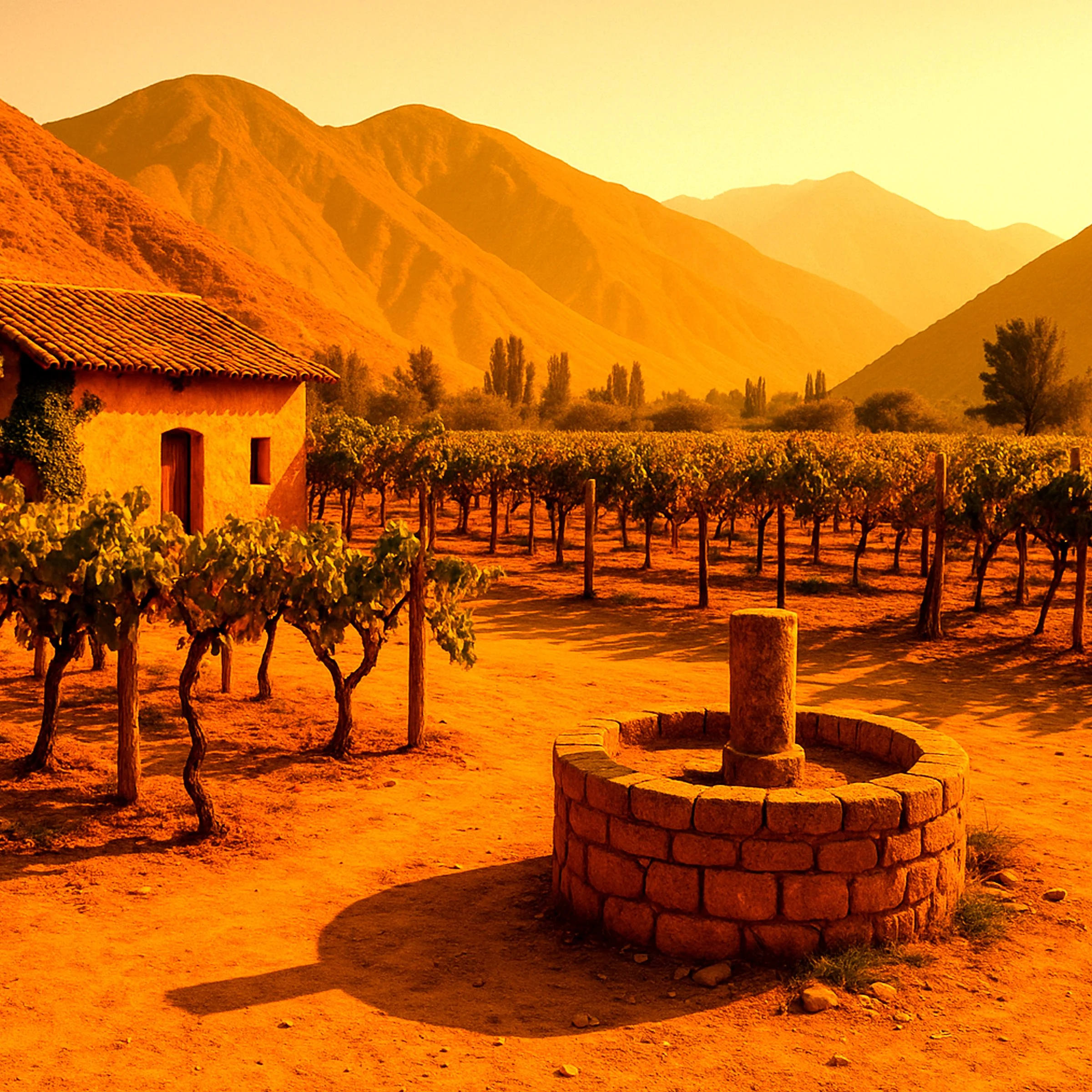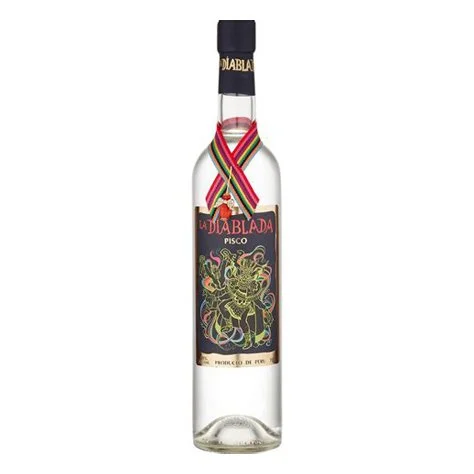PISCO
Unaged Brandy with Pure Grape Expression
Pisco is a clear, unaged brandy from Peru and Chile, known for its pure, aromatic grape character and historic distilling traditions. Unlike oak-aged brandies, Pisco is bottled directly after distillation, preserving the vibrancy, florality, and elegance of the original fruit. Whether made in the coastal valleys of Peru or the foothills of the Andes in Chile, Pisco offers a distinctive take on brandy—delicate in structure, bold in aroma, and revered for its role in classic cocktails.
Key Characteristics
Pisco is typically floral, fruity, and expressive, with a silky mouthfeel and a clean, lingering finish. Styles range from intensely aromatic to more structured and subtle, depending on the grape and production method.
Style
Unaged, fruit-based brandy
Body
Light to medium
Alcohol
38–48% ABV
Base Grapes
Peru: Quebranta, Italia, Torontel, Albilla, Negra Criolla, Uvina, Mollar
Chile: Muscat varieties, Torontel, Pedro Ximénez
Typical Flavors
Orange blossom, jasmine, ripe pear, banana, lime zest, dried herbs, melon, white pepper
Origin & History
Pisco originated in the 16th century, when Spanish settlers introduced grape distillation to South America. Today, both Peru and Chile claim the spirit as their own, each with distinct regulations and traditions. Peruvian Pisco is distilled only once in copper pot stills, must rest in neutral containers, and cannot be aged or diluted—resulting in a raw, expressive style that captures the character of the grapes. Chilean Pisco allows for blending, multiple distillations, and optional oak aging, offering a broader stylistic range. While the rivalry continues, both styles reflect deep cultural heritage and regional pride.
How It’s Made
Pisco is made by fermenting grape juice into wine, then distilling it to capture the spirit’s essence. In Peru, the wine is distilled once to proof and bottled without aging, additives, or dilution. In Chile, Pisco can be distilled multiple times and may be blended or aged in oak. While Peruvian Pisco must rest in neutral containers for a minimum of three months, Chilean producers may label expressions by strength or aging style, including smooth, wood-aged bottlings.
Notable Regions
Pisco is produced in designated valleys across Peru and Chile, where microclimates and elevation shape grape character.
Peru
Ica Valley
The spiritual and production heart of Peruvian Pisco, especially for Quebranta-based expressions
Moquegua, Arequipa, Lima
High-altitude or coastal regions producing floral, bright styles
Chile
Elqui Valley
A mountainous region known for Muscat-driven Pisco with crisp aromatics
Limarí & Choapa Valleys
Warmer climates producing fuller, citrusy expressions
Cocktail Pairings
Pisco shines in bright, citrusy, and aromatic cocktails.
Classic
Pisco Sour – Pisco, lime juice, simple syrup, egg white, bitters
Chilcano – Pisco, ginger ale, lime
Creative
Pisco Mojito, Pisco Negroni, white sangria with seasonal fruit
Modern
Pisco tonic with citrus peel, herbaceous spritz, shaken Pisco and melon
Food Pairings
Pisco’s freshness and florality pair beautifully with seafood, spice, and light desserts.
Cheese
Fresh chèvre, queso fresco, aged Manchego
Savory
Ceviche, grilled octopus, Peruvian roast chicken, shrimp with citrus marinade
Dessert
Lime tart, coconut flan, tropical fruit salad, shortbread cookies
How to Serve It
Glassware
Tulip glass, white wine glass, or small rocks glass for cocktails
Temperature
Neat: 60–65°F (16–18°C)
Cocktails: Chill as desired for freshness and lift
Storage
Store upright in a cool, dark place; Pisco remains stable and does not require aging after opening
Fun Fact
By law, Peruvian Pisco must be made from 100% grapes with no additives or dilution—making it one of the purest spirits in the world, distilled once to final strength and bottled as-is.
Try This If You Like
Unaged brandy
Or eau-de-vie
Blanco tequila
For clean fruit and citrus
Grappa
For a sharper, rustic edge
Gin
If you enjoy botanicals and aromatics in cocktails
Recommended Producers
These houses exemplify the diversity and craftsmanship of pisco, producing elegant, grape-forward brandies that reflect Peru’s rich distilling heritage.
La Diablada
An artisanal Pisco house celebrated for its harmonious blends of aromatic grape varietals, crafting smooth, expressive spirits with floral and fruity complexity.


